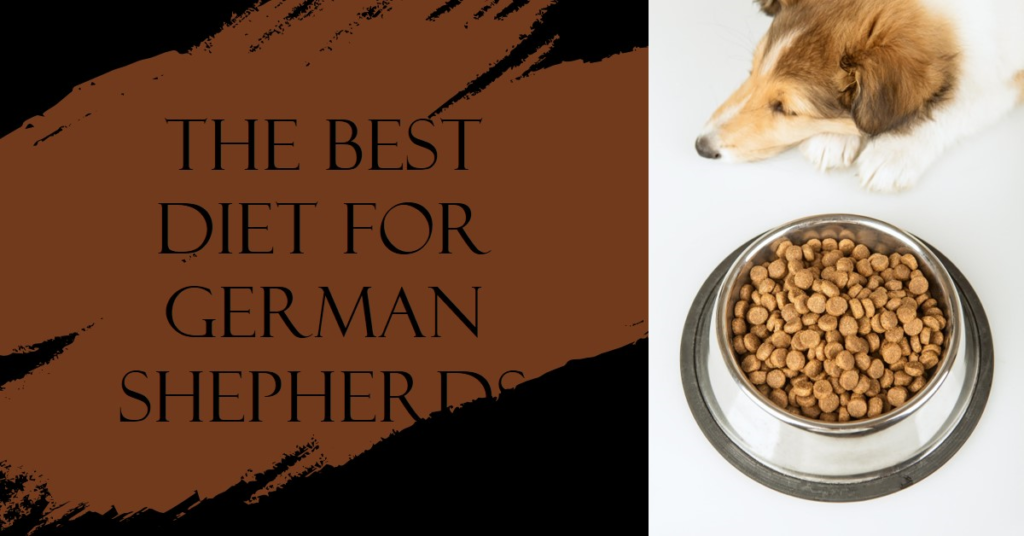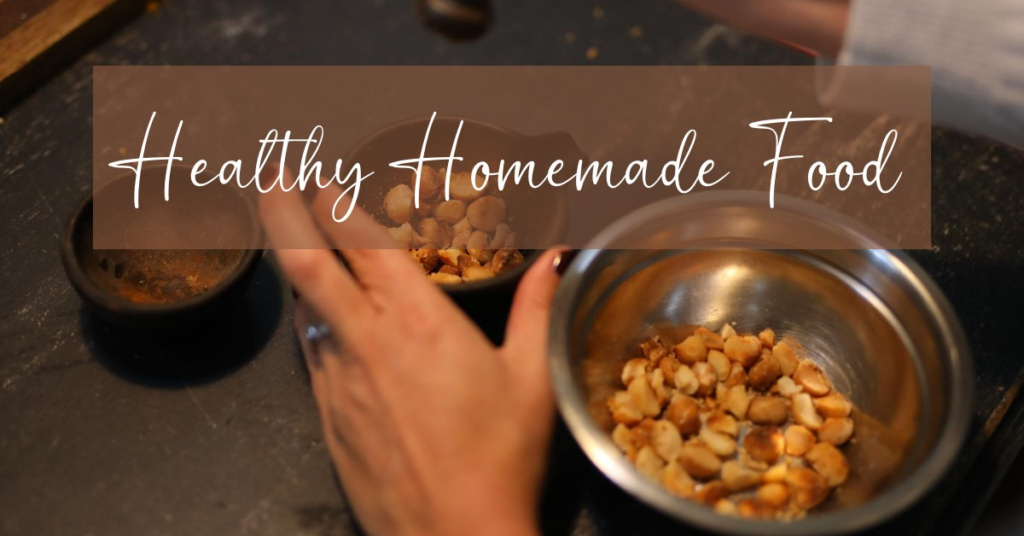German Shepherds are known for their intelligence, strength, and loyalty, making them one of the most popular dog breeds worldwide. To maintain their health and vitality, it’s crucial to provide them with a well-balanced diet. This article will explore the best diet for German Shepherds, including nutrition tips, feeding guidelines, and the foods to avoid.
What Makes a Healthy Diet for German Shepherds?
A healthy diet for a German Shepherd should be rich in high-quality protein, fats, carbohydrates, vitamins, and minerals. These nutrients support their muscle development, energy levels, and overall well-being. German Shepherds are active dogs that require a diet that meets their energy needs while promoting strong bones and a healthy coat.
Key Nutrients:
- Protein: Essential for muscle growth and repair. Look for foods with real meat like chicken, beef, or fish as the first ingredient.
- Fats: Provide energy and support a healthy coat. Sources include fish oil and chicken fat.
- Carbohydrates: Provide energy and fiber. Opt for whole grains or vegetables like sweet potatoes.
- Vitamins and Minerals: Crucial for immune health, bone strength, and overall vitality.
Best Diet for German Shepherd Puppy
Feeding a German Shepherd puppy is different from feeding an adult dog. Puppies require more calories, protein, and fat to support their rapid growth and development.
| Nutrient | Requirement for Puppies |
|---|---|
| Protein | 22-30% of the diet. Essential for muscle and tissue development. |
| Fat | 10-15% of the diet. Provides energy and supports brain development. |
| Calcium & Phosphorus | Important for bone development. Maintain a balanced ratio to avoid joint issues. |
| DHA | Supports brain and vision development. Found in fish oil. |
Feeding Tips:
- Feed your puppy 3-4 times a day until they are about six months old.
- Transition to adult food gradually as they approach one year of age.
- Always ensure fresh water is available.
German Shepherd Diet Chart

Creating a German Shepherd diet chart can help you manage their nutrition and feeding schedule effectively.
| Age | Meal Frequency | Portion Size | Type of Food |
|---|---|---|---|
| Puppy (2-6 months) | 3-4 times/day | 1-1.5 cups/meal | Puppy formula rich in protein and fat. |
| Puppy (6-12 months) | 2-3 times/day | 2-3 cups/meal | Continue with high-protein puppy formula. |
| Adult (1-7 years) | 2 times/day | 3-4 cups/meal | Adult formula with balanced nutrients. |
| Senior (7+ years) | 2 times/day | 2-3 cups/meal | Senior formula with joint support. |
Homemade Food for German Shepherd Puppy
Some pet owners prefer to feed their puppies homemade food. If you opt for this, it’s important to ensure that the diet is balanced and meets all of their nutritional needs.
| Ingredients | Benefits |
|---|---|
| Chicken or Turkey | High in protein, promotes muscle growth. |
| Brown Rice or Oats | Provides carbohydrates and fiber. |
| Carrots & Spinach | Rich in vitamins and minerals. |
| Fish Oil | Contains omega-3 fatty acids for brain and coat health. |
| Eggs | Provides additional protein and nutrients. |

Feeding Tips:
- Avoid seasonings and harmful ingredients like garlic and onions.
- Consult a veterinarian to ensure the homemade diet is nutritionally complete.
- Introduce new ingredients gradually to avoid digestive issues.
Foods German Shepherds Should Avoid
Knowing what foods German Shepherds cannot eat is as important as knowing what to feed them. Certain foods can be harmful or even toxic to dogs.
| Food | Why It’s Harmful |
|---|---|
| Chocolate | Contains theobromine, toxic to dogs. |
| Grapes & Raisins | Can cause kidney failure. |
| Onions & Garlic | Can damage red blood cells and lead to anemia. |
| Avocado | Contains persin, which can cause vomiting and diarrhea. |
| Alcohol | Even small amounts can be deadly. |
Worst Dog Food for German Shepherd
While there are many dog food options available, not all are suitable for German Shepherds. The worst dog food for German Shepherds often contains low-quality fillers, artificial preservatives, and insufficient protein.
Characteristics of Poor-Quality Dog Food:
- Low Protein Content: Dogs need a high amount of protein for muscle maintenance.
- Artificial Ingredients: Colors, flavors, and preservatives can be harmful over time.
- Grain Fillers: Corn and soy are often used as cheap fillers but offer little nutritional value.
- By-products: Unidentified meat by-products can be of low quality and may cause allergies.
FAQ’s
What is the healthiest diet for a German Shepherd?
A balanced diet with high-quality protein, healthy fats, and essential vitamins and minerals is the healthiest for a German Shepherd. Fresh water should always be available, and treats should be given in moderation.
Which feed is best for German Shepherd?
The best feed for German Shepherds includes high-protein kibble or wet food, possibly supplemented with homemade meals that are rich in nutrients. Look for brands that offer specific formulas for large breeds.
Which home food is good for German Shepherd?
Home foods like lean meats, brown rice, vegetables like carrots and spinach, and fish oil are good for German Shepherds. Ensure the diet is well-rounded and consult a veterinarian for advice.
What foods can German Shepherds not eat?
German Shepherds should avoid chocolate, grapes, onions, garlic, avocados, and alcohol. These foods can be toxic and should be kept out of their reach.
Conclusion
Feeding your German Shepherd a balanced diet is key to their health and happiness. Whether you choose commercial dog food or opt for a homemade diet, make sure it meets all their nutritional needs. Avoid harmful foods, and always consult your veterinarian if you’re unsure about the best diet for your dog. With proper nutrition, your German Shepherd can lead a long, healthy, and active life.


